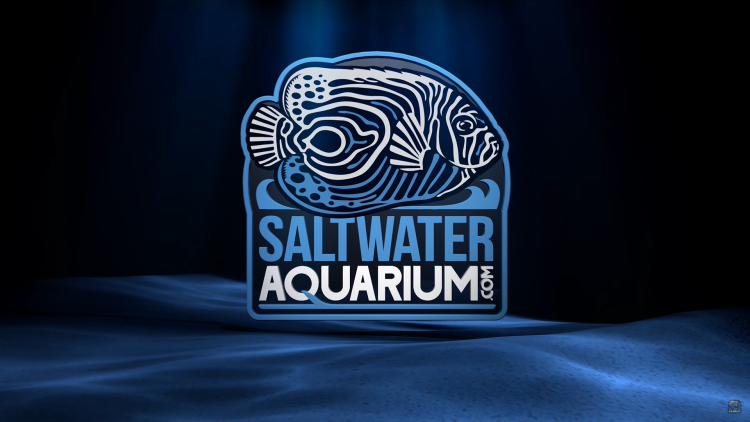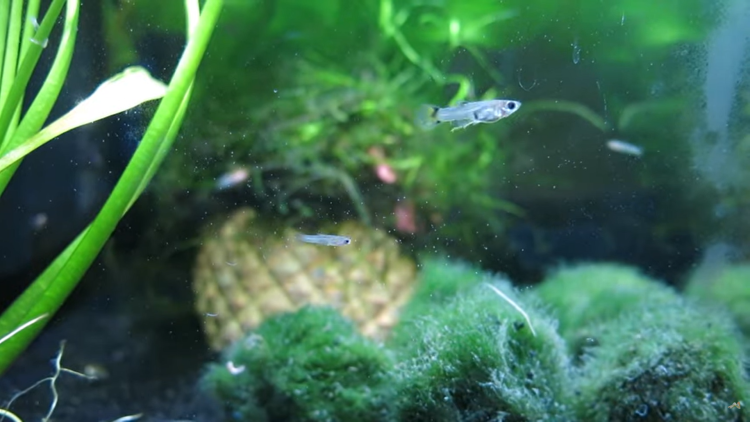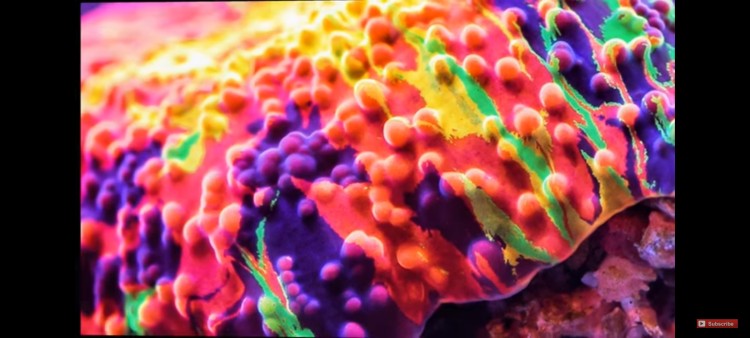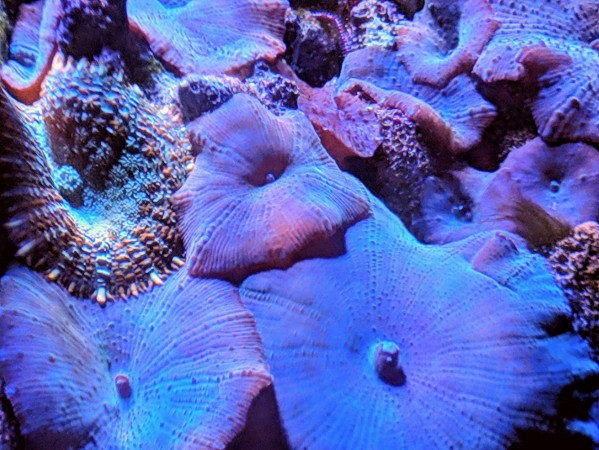All About Automation is Saltwater Aquarium
- Feb 26, 2023
- Anshika Mishra
- 300 0 0

Rebooting a saltwater tank would absolutely not be complete without adding tank automation. It makes running your reef tank easier and safer and gives you peace of mind.
Monitoring the Situation
You can use different automation tools. Here, we'll be using Apex. At its most basic level, the apex is going to be a tank monitor and a first responder in case anything goes wrong in the tank.
On the monitoring side of the equation, keep an eye on the following:
Temperature: As a tank gets too hot (>80 F) or too cold (<75 F), you'll get an alert
pH: Having the capability to monitor pH won't hurt. By monitoring, you'll know when the tank needs an alkalinity dosing. This way, you can detect a runaway dosing pump as a pH number outside the normal range of pH can mean trouble.
Power: You'll get an alert if an outlet draws too much current. For example, if the heater goes wrong or the power goes out.
Salinity and ORP are also vital. You'll get a notification if water is detected on the inside of the stand or behind the stan. Monitoring is great, and having the capability to automatically do something about something wrong on the tank is even better.
Understanding Respondent Part
Now is where the first respondent part comes in.
Temperature: If the tank gets too hot, the power to the heater will be turned off automatically.
pH: If the pH is too high, the alkalinity dosing pump will get turned off automatically.
Power: When an outlet is drawing too much current, it will get switched off
Salinity: If the salinity is high, the water top-off system will be switched on
If water is detected inside the stand, the automatic top-off will turn off. You can turn off the return pump, as water on the floor could mean the tank overflowing.
To further the capabilities of an Apex, you can add an automatic top-off. As water evaporates, it will be automatically filled in. Ensure you can also monitor the ATO remotely so you know when and how long the pump has run.
When the tank gets enough coral, you can also add an automatic alkalinity test. Automating alkalinity, calcium, and magnesium dosing will automatically be adjusted based on the test results.
Automation is your friend; in the end, the only thing you'll have to do is manually feed the fish and clean.







About author